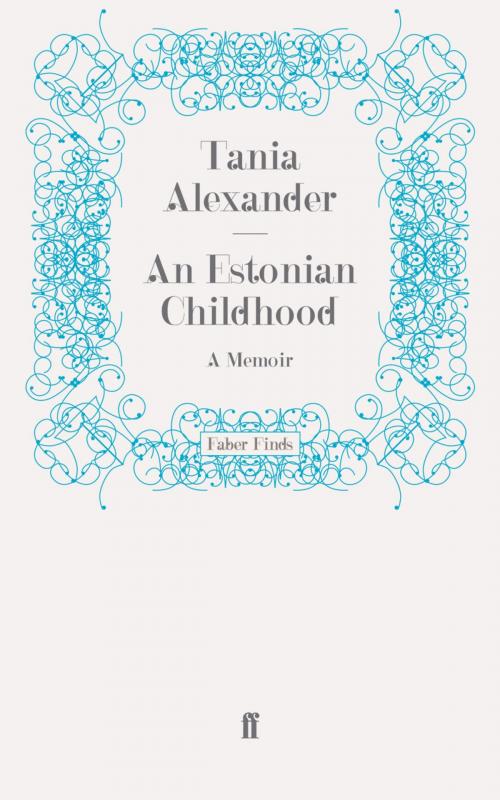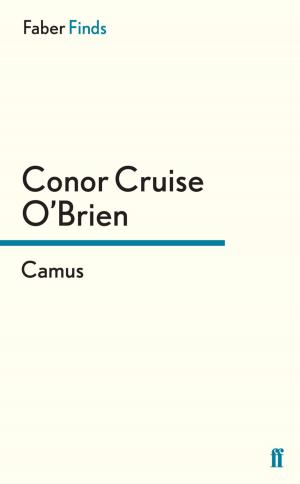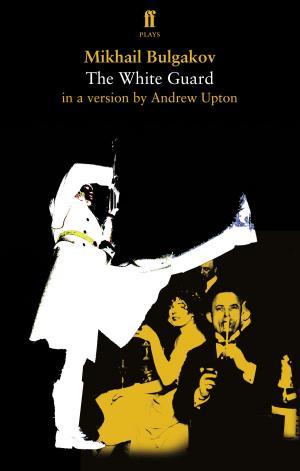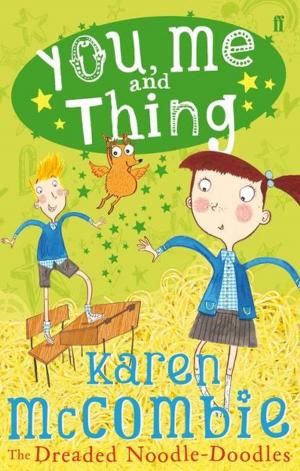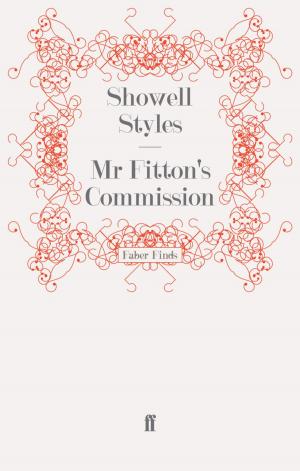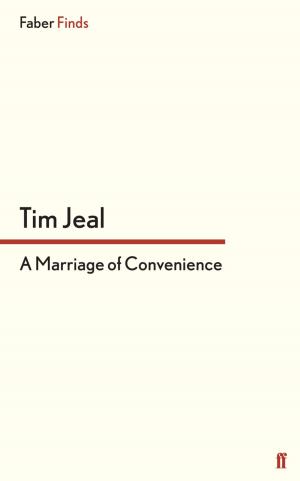| Author: | Tania Alexander | ISBN: | 9780571271832 |
| Publisher: | Faber & Faber | Publication: | July 15, 2010 |
| Imprint: | Faber & Faber | Language: | English |
| Author: | Tania Alexander |
| ISBN: | 9780571271832 |
| Publisher: | Faber & Faber |
| Publication: | July 15, 2010 |
| Imprint: | Faber & Faber |
| Language: | English |
In her introduction Tania Alexander writes, 'The Baltic philosopher Count Hermann Keyserling . . . once remarked: ''I am not a Dane, not a German, not a Swede, not a Russian nor an Estonian, so what am I - a little of all these.'' Tania Alexander felt the same, 'I share his sense of confused identity.' She was born in St Petersburg, but as a young child was taken to Estonia, at that time a province of Russia which was later to become the northernmost of the three independent Baltic States created in the aftermath of the First World War. The tone of her memoir, mainly set in Kallijärv, is almost idyllic, surprisingly so given the political upheaval of the period. In her own words 'my early life was influenced by three women, all of them complex characters and strong personalities, who had to find their own way of adapting to very different from those they might have expected to enjoy. My Irish governess, Micky, sacrificed her family and suffered exile - a mother ostracised by the pressure of Victorian values. My Aunt Zoria lost everyone who was dear to her, as well as her homeland and her position in society. Anr my mother, who stayed behind in Russia throughout the terrifying events of the revolution and civil war, lost her home, her husband and, perhaps most important to her, her great love - a loss which profoundly affected the rest of her life.' Her mother was Baroness Moura Budberg and 'her great love' was the famous diplomat and spy, Robert Bruce Lockhart, expelled from Russia in 1918. Among her other lovers were Maxim Gorky and H. G. Wells who both feature in this memoir.
In his review, Harrison Salisbury refers to 'a world which now seems almost beyond our belief . . .' That is true, and yet there an unexpected link with today's UK political scene: Moura Budberg was Nick Clegg's great, great aunt. The lineage is like this: Moura Budberg's sister, Alexandra, was the mother of Clegg's grandmother, Baroness Kira von Engelhardt, who was born in Russia in 1909.
'Reminiscent of a story by Turgenev. Delightful.' Sunday Telegraph
'History, biography, an exploration of the relationship between mother and daughter: Tania Alexander's book is a little of all these.' Times Literary Supplement
'An engaging memoir full of vivid portraits. There is Gorky, a compassionate giant among the Bolsheviks; there is H. G. Wells, and there are the comforting figures who surrounded Tania at Kall?ärv, her Irish governess, Micky, Uncle Sahsa, inconsolable over the defeat of the Tsarist regime, and a host of cousins and friends.' Financial Times
'Tania Alexander has written an unforgettable memoir of a world which now seems almost beyond our belief - the pre-revolutionary Russian era and that followed, it a tale that inevitably centres around the the figure of her remarkable mother, the Baroness Moura Budberg - her life in Tsarist society, in the Bolshevik society of Lenin and Gorky, and later that of H. G. Wells and England. There is nothing else quite like it.' Harrison Salisbury
In her introduction Tania Alexander writes, 'The Baltic philosopher Count Hermann Keyserling . . . once remarked: ''I am not a Dane, not a German, not a Swede, not a Russian nor an Estonian, so what am I - a little of all these.'' Tania Alexander felt the same, 'I share his sense of confused identity.' She was born in St Petersburg, but as a young child was taken to Estonia, at that time a province of Russia which was later to become the northernmost of the three independent Baltic States created in the aftermath of the First World War. The tone of her memoir, mainly set in Kallijärv, is almost idyllic, surprisingly so given the political upheaval of the period. In her own words 'my early life was influenced by three women, all of them complex characters and strong personalities, who had to find their own way of adapting to very different from those they might have expected to enjoy. My Irish governess, Micky, sacrificed her family and suffered exile - a mother ostracised by the pressure of Victorian values. My Aunt Zoria lost everyone who was dear to her, as well as her homeland and her position in society. Anr my mother, who stayed behind in Russia throughout the terrifying events of the revolution and civil war, lost her home, her husband and, perhaps most important to her, her great love - a loss which profoundly affected the rest of her life.' Her mother was Baroness Moura Budberg and 'her great love' was the famous diplomat and spy, Robert Bruce Lockhart, expelled from Russia in 1918. Among her other lovers were Maxim Gorky and H. G. Wells who both feature in this memoir.
In his review, Harrison Salisbury refers to 'a world which now seems almost beyond our belief . . .' That is true, and yet there an unexpected link with today's UK political scene: Moura Budberg was Nick Clegg's great, great aunt. The lineage is like this: Moura Budberg's sister, Alexandra, was the mother of Clegg's grandmother, Baroness Kira von Engelhardt, who was born in Russia in 1909.
'Reminiscent of a story by Turgenev. Delightful.' Sunday Telegraph
'History, biography, an exploration of the relationship between mother and daughter: Tania Alexander's book is a little of all these.' Times Literary Supplement
'An engaging memoir full of vivid portraits. There is Gorky, a compassionate giant among the Bolsheviks; there is H. G. Wells, and there are the comforting figures who surrounded Tania at Kall?ärv, her Irish governess, Micky, Uncle Sahsa, inconsolable over the defeat of the Tsarist regime, and a host of cousins and friends.' Financial Times
'Tania Alexander has written an unforgettable memoir of a world which now seems almost beyond our belief - the pre-revolutionary Russian era and that followed, it a tale that inevitably centres around the the figure of her remarkable mother, the Baroness Moura Budberg - her life in Tsarist society, in the Bolshevik society of Lenin and Gorky, and later that of H. G. Wells and England. There is nothing else quite like it.' Harrison Salisbury
